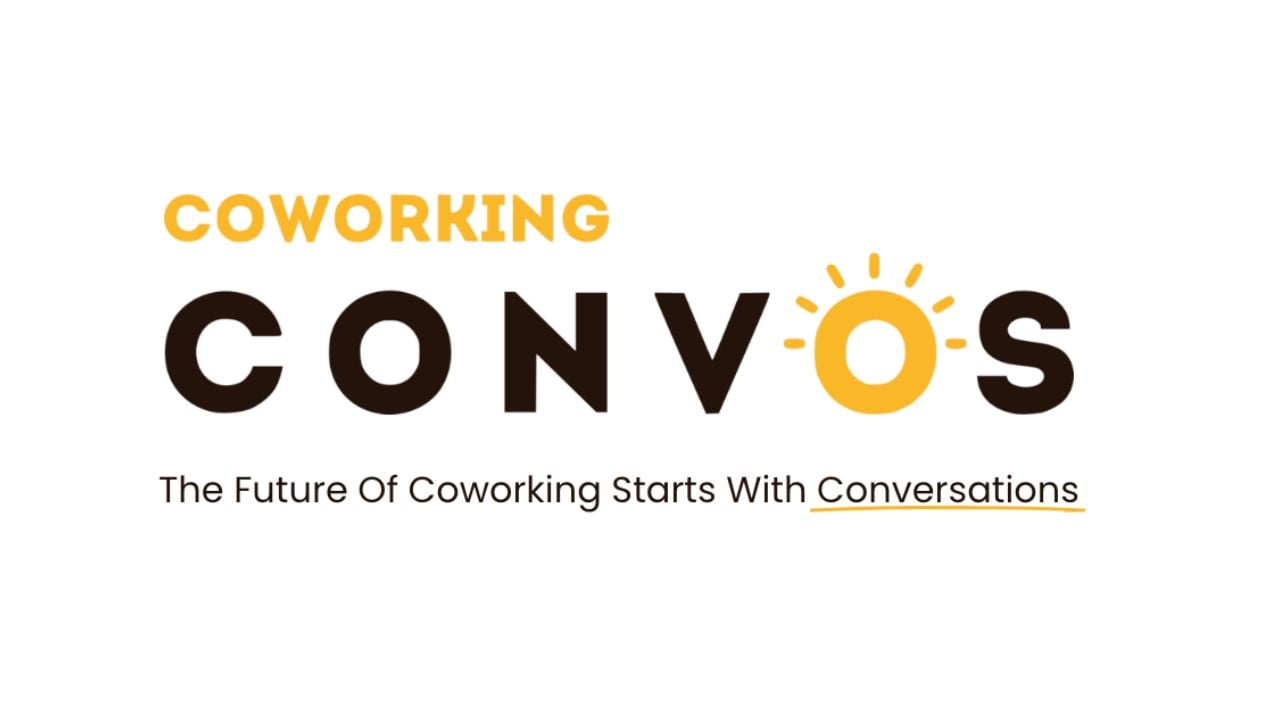Companies who are eager to return to pre-pandemic normalcy are stripping their organization of valuable opportunities.
Prior to the pandemic, the future of work focused largely on the implementation of technology and how it would shape operations. While this still rings true, the past year has mainly altered the idea of the workplace altogether.
Instead of simply focusing on how to achieve goals and tasks in a company’s main office, leaders need to shift their priorities onto the wellbeing of employees to truly see meaningful progress. This means changes to workplace arrangements and policies.
For instance, while remote working was once seen as a nice-to-have perk, it’s now a necessity when it comes to valuing the health and safety of employees.
“We’re not going to back to what once was,” said Steve Hatfield, Global Future of Work Leader at Deloitte. “Most organizations have recognized that virtual and distributed work can happen…we will not go back to having everyone in the office in the same way.”
Although the pandemic’s impact on the workplace may still be unclear, one thing that is certain is how it is affecting gender equality, which is another reason to make these adjustments. In fact, the U.S. is now seeing the lowest number of women in the workplace in over three decades.
This indicates that women, and working moms in particular, need more flexibility in their work options if companies want them to remain a vital part of an organization’s operations.

 Dr. Gleb Tsipursky – The Office Whisperer
Dr. Gleb Tsipursky – The Office Whisperer Cat Johnson – Coworking Marketing Maven
Cat Johnson – Coworking Marketing Maven Angela Howard – Culture Expert
Angela Howard – Culture Expert Drew Jones – Design & Innovation
Drew Jones – Design & Innovation Andrea Pirrotti-Dranchak – Competitive Advantage
Andrea Pirrotti-Dranchak – Competitive Advantage Jonathan Price – CRE & Flex Expert
Jonathan Price – CRE & Flex Expert Jeremy Fennema – Tech Innovation Alchemist
Jeremy Fennema – Tech Innovation Alchemist











